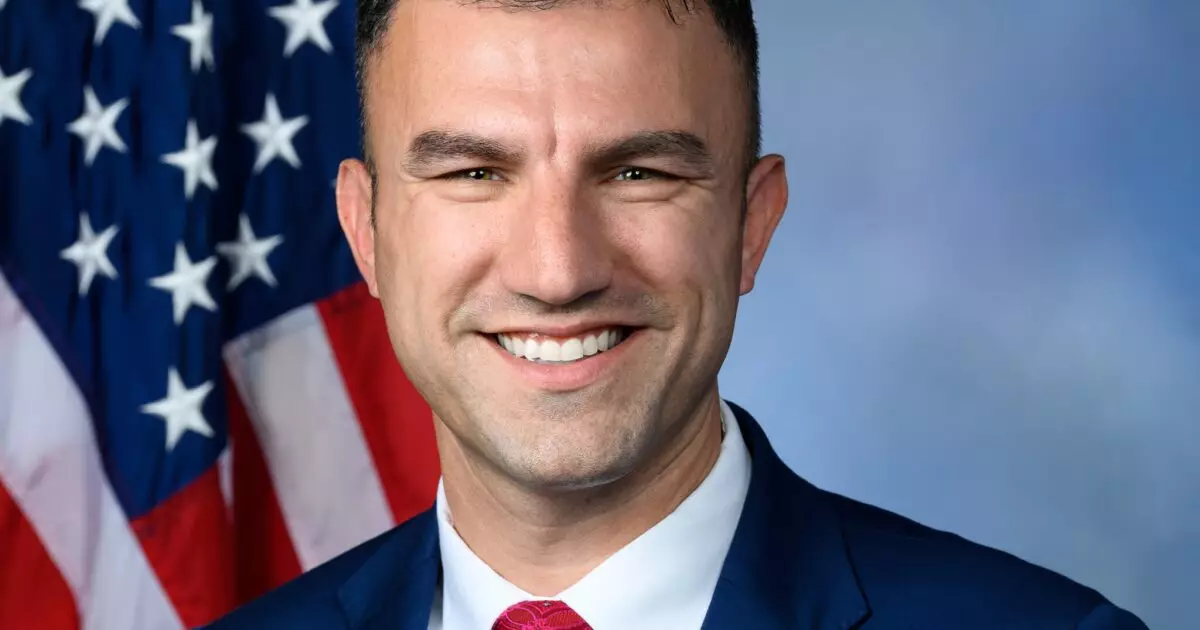A new legislative initiative has emerged from a bipartisan alliance of lawmakers, aimed at restoring the ability of cities, states, and other municipal bond issuers to engage in advanced refunding of tax-exempt debt. Titled the Investing in Our Communities Act, this proposal, spearheaded by Representatives David Kustoff (R-Tenn.), Rudy Yakym (R-Ind.), Gwen Moore (D-Wis.), and Jimmy Panetta (D-Calif.), seeks to reintroduce a financial mechanism that many argue is vital for local economic growth. This legislation is not novel; it has been presented in previous congressional sessions, yet has consistently struggled to gain the momentum needed for passage.
The core of Kustoff’s argument is that this bill will restore a critical financing tool essential for stimulating economic development, creating employment opportunities, and ultimately benefiting taxpayers. The backdrop to this legislative push is the loss experienced by bond issuers following the enactment of the Tax Cuts and Jobs Act in 2017 under President Trump, which eliminated advance refunding on a tax-exempt basis. This has effectively sidelined a financial strategy that previously accounted for roughly 20% of municipal bond activity before its discontinuation.
The landscape of municipal finance has changed significantly since the repeal of advanced refunding capabilities. Local and state governments have lost a tool that allowed them to restructure existing debt, reduce interest expenses, and reallocate savings toward essential projects. In a period marked by increasing economic uncertainty and fiscal challenges, the urgency of reintroducing alternative financing methods is paramount.
Interestingly, this legislative effort arrives amidst concerns about the broader future of tax-exempt municipal bonds as they are scrutinized in the context of a major tax reform agenda. Stakeholders in the municipal bond market, including various lobby groups, have indicated that preserving tax-exemption status for municipal bonds is a priority, which adds a further layer of complexity to the ongoing legislative discourse. The need to re-establish advanced refunding is fueled not only by financial pragmatism but also by the recognition of its potential to reinvigorate local economies.
The bipartisan nature of the support for the Investing in Our Communities Act is significant. Kustoff and Yakym, who now lead the renewed effort, emphasize that they are not merely restoring a mechanism but are also looking to empower local governments. By lowering borrowing costs through refunding, communities would gain access to funds that can be redirected toward projects promoting economic growth.
Several municipal market advocacy organizations have expressed their endorsement of the proposed legislation, underscoring the broad consensus surrounding its potential benefits. The National Association of State Treasurers and the American Society of Civil Engineers, among others, view this legislation as a pathway to unlock essential financing for community projects, underscoring its relevance in a time when local governments are grappling with pressing infrastructure and development needs.
The potential effects of reintroducing advanced refunding stretch beyond the immediate financial benefits to municipalities. Industry experts, including those from the Large Public Power Council, forecast significant savings on costs, which they estimate could reach up to $715 million over five years for electric customers alone. This figure outlines how restoring advanced refunding has the potential for sweeping economic implications, particularly in sectors like energy, where financing initiatives could facilitate the expansion of infrastructure needed to meet rising demands.
Moreover, it is essential to consider the proposal in terms of its historical context. Rep. Terri Sewell (D-Ala.) had previously initiated her version of similar legislation with the Local Infrastructure Financing Tools (LIFT) Act, illustrating a sustained interest in enhancing municipal finance tools. The cyclical nature of legislative success suggests that while this current effort may face hurdles, the persistence behind these proposals reflects a recognition of their potential efficacy.
The Investing in Our Communities Act endeavors to revive a significant financial avenue for state and local governments at a time when financial flexibility is essential for economic resilience. The path to its passage may be fraught with challenges, yet the collective interest of bipartisan lawmakers and various municipal interest groups points toward a sincere commitment to enhancing the financial health of American communities.

